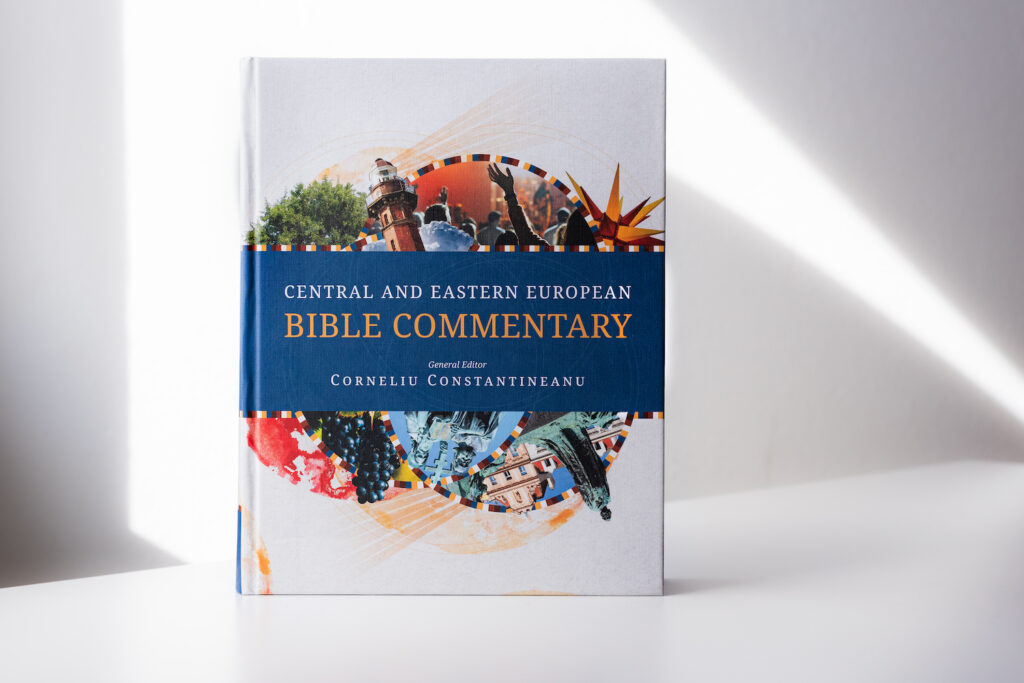Celebrating the Central and Eastern European Bible Commentary
It’s been one year since the release of the groundbreaking Central and Eastern European Bible Commentary (CEEBC).
This project, facilitated by Langham, is the result of years of work by over 100 Bible scholars from twenty countries. Katharina Penner, who coordinated the commentary, said, “The project is about explaining the Bible in current terms for the current generation for the people who live after communism in the 30 years of transition in central and eastern Europe.”
Read more: Spreading a Biblical vision of prosperity with the Africa Bible Commentary

The Central and Eastern European Bible Commentary is the first commentary on the entire Bible to come out of the region. It provides relevant, biblically-based insight that speaks to the region’s unique post-Soviet context.
“What makes the commentary quite interesting and even groundbreaking perhaps is that it comes from a unique part of the world where the experience of the church has been quite distinct and different from what Christians have experienced in the West or maybe in Asia or in Africa,” said Dr. Charlie Hadjiev, one the CEEBC editors.
The big picture
Thanks to your help, Langham has supported 18 regional Bible commentary projects, with at least 20 more on the way.
For many years, most commentaries were written by Western theologians and translated into other languages. These are good resources. But they’re come from a Western perspective, answer Western questions, which often don’t fit the needs of believers from different cultures.
“There’s no possibility that one single understanding or reading of the Scripture will always do for everybody,” Langham Global Ambassador and theologian Chris Wright said. “Here is a Word which was given in cultural linguistic ancient context, which therefore needs to be understood in all the various contexts within which Christians have lived ever since.”
You can find this resource, as well as Langham’s other commentary resources through Langham Literature.